Songwriter Les McCann described seeing Roberta Flack perform with all of that “getting-togetherness,” referencing the soulful and central quality of Black music. “The concept of soul was really this attempt to recreate what was particular about being Black in America. This experience of struggle and resilience and pride,” said author and cultural critic Emily Lordi.
Video Features
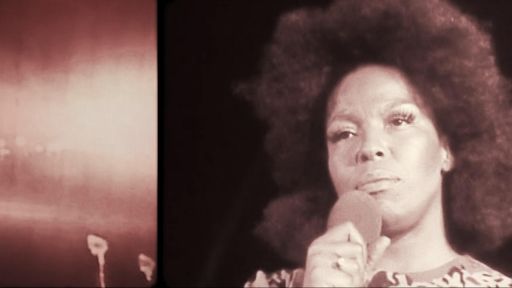
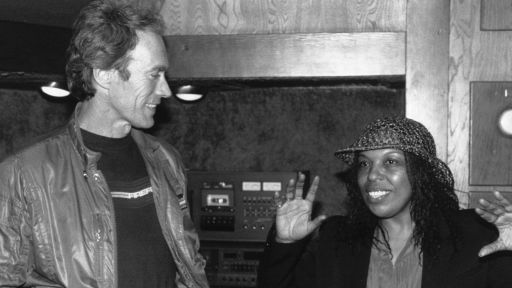
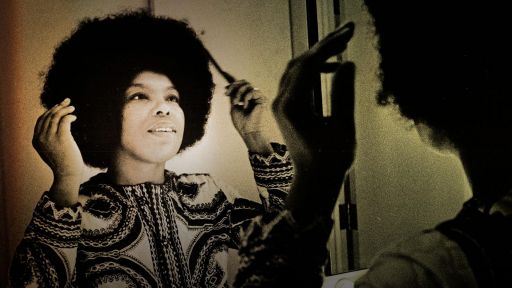
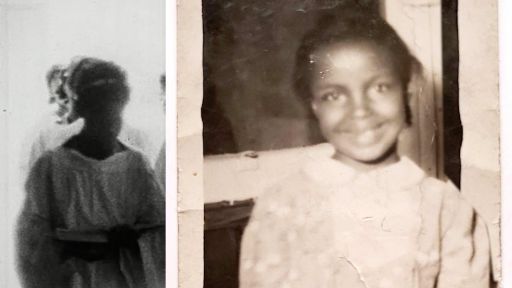
Written Features
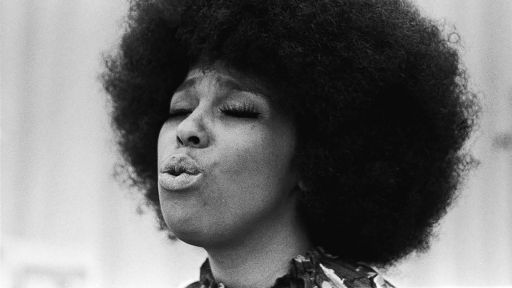
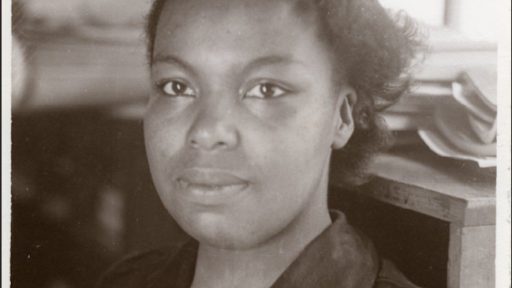
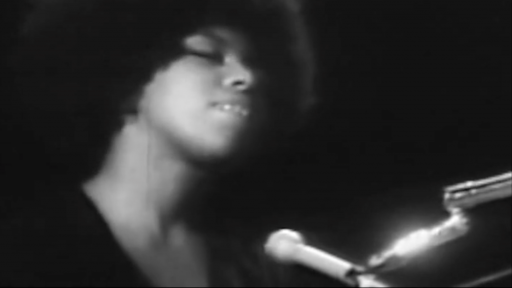
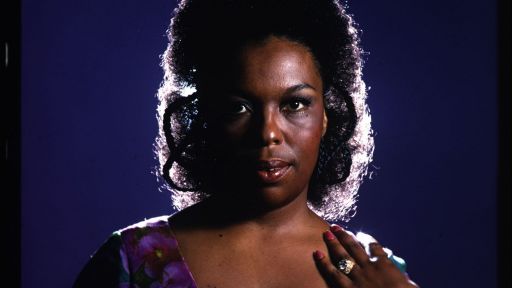
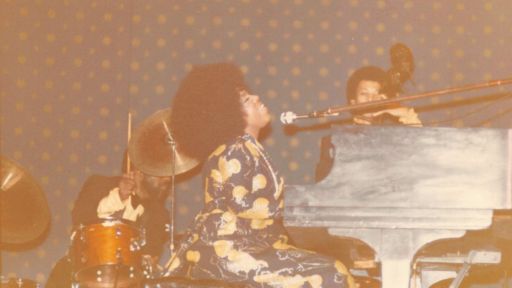
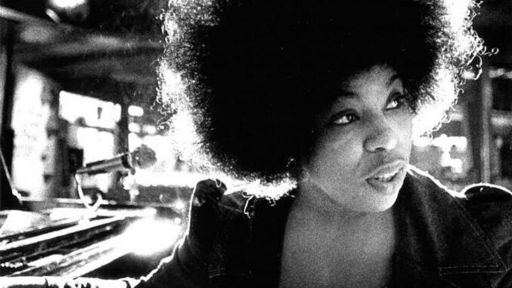
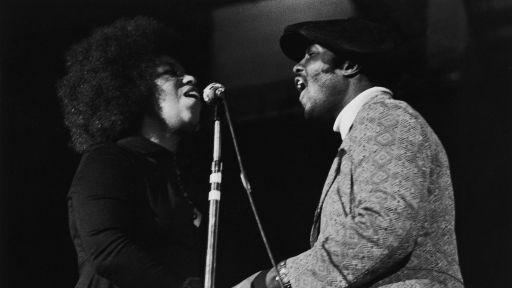
- [Roberta] My voice is a gift.
(soulful music) For years, I wanted to be a concert pianist and I practiced, and I practiced and that's a very important foundation.
So when I got to a point in my life where I could sing, I did not have a style, I just had a voice.
I think when you tell the truth you don't have to necessarily scream it, as long as it is direct, you know, it's just honest.
- [Jason King] There's that story that's in the liner notes of 'First Take' written by Les McCann, who says that when he went to go see Roberta Flack, there was all of that 'getting-togetherness,' which is one of my favorite terms to describe the really central quality of Black music.
This ability to create the soulfulness in a room.
- [Roberta] When I sing the song, I don't associate it with the picture or the story.
- [Jason King] That's what she was doing.
She was creating soul in those rooms.
- [Roberta] I think the questions that I asked in the song can be asked of life.
(introspective music) - [Emily Lordi] The concept of soul was really this attempt to recreate what was particular about being Black in America.
This experience of struggle and resilience and pride.
People have tended to think that that has to sound a certain kind of way.
- [Group] Hey.
♪ No more promises, yeah ♪ - [Group] Promises.
♪ Things are gonna get ♪ - [Angela Davis] Music was a space to feel solidarity.
(dreamy music) It was a part of creating, a sense of self respect, possibility.
Yeah, we needed the songs that were loud, that convinced us that we were doing the right thing, that we needed to, you know, keep on pushing.
They were incorporated into the soundtrack of the movement.
But change happens when people's emotions are affected, when we begin to be active participants from the heart.
(dreamy music)
